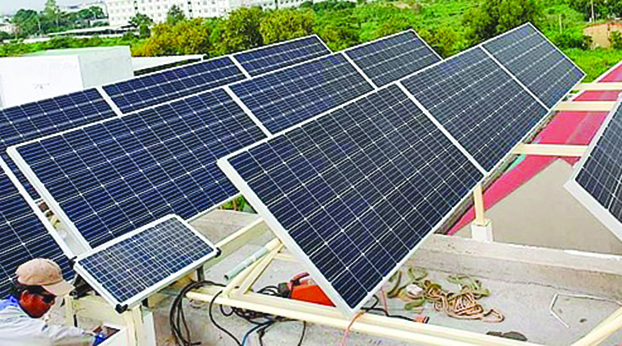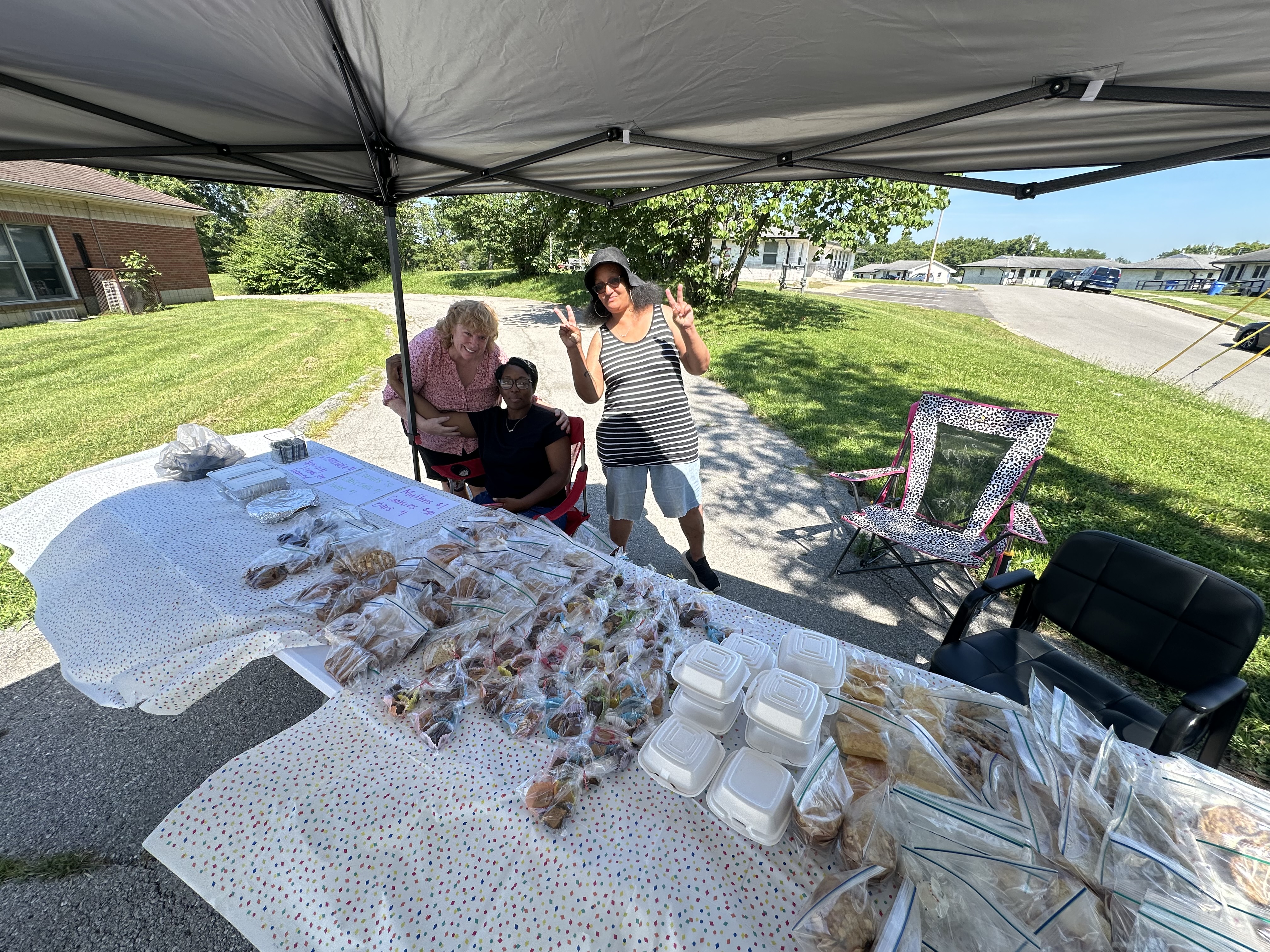Clark County residents surveyed on industrial solar panel facilities
Published 4:33 pm Monday, June 28, 2021

- Clark County residents have been given a survey to collect opinions on the use of solar energy. - Photo courtesy of Wikimedia Commons
|
Getting your Trinity Audio player ready...
|
Clark County residents were sent a survey regarding the implementation of solar panels in the county, and the results are in.
When asked “Do you favor or oppose allowing industrial-scale solar facilities in Clark County’s agricultural zone,” 61 percent of the 1,335 who participated in the survey opposed that notion. Twenty-five percent were in favor, while 14 percent remain unsure.
The survey was conducted by the Matrix Group, with the president and CEO, Martha DeReamer, relaying the results to the Clark County Fiscal Court Thursday, June 24.
Trending
From March 13 through May 27, a total of 15,760 surveys were sent out to residential addresses and post office boxes in the Clark County area. While the aforementioned 1,335 who completed the survey is just a fraction of the surveys sent out, DeReamer explained that this ratio of participants is common with surveys such as this one. She added that those who respond to surveys tend to be the most passionate about the issues they regard.
In addition to examining the percentage of those who are for and against the introduction of solar panels, additional background information was collected from the participants to add further context to these results.
Participants were asked how important they considered the issues of farmland preservation, property value, job creation, and development. The results for these questions returned as follows:
• Farmland preservation; green space and scenic rural roads were deemed important by 94 percent.
• Protecting/enhancing property values was deemed important by 90 percent.
• Job creation was deemed important by 91 percent.
• Encouraging development where infrastructure exists was deemed important by 83 percent.
Trending
When asked “Where do you favor locating solar energy systems in Winchester-Clark County,” the results were:
• Rooftops at 64 percent.
• Abandoned industrial sites at 54 percent.
• Agricultural areas with marginal soils at 35 percent.
• Not in Clark County at all at 26 percent.
• In all zoning districts at 15 percent.
• Agricultural areas with prime soils at 7 percent.
These surveys are part of an ongoing discussion since June of 2020, where Clark County Fiscal Court urged the planning and zoning commission to consider amending zoning ordinances to include solar energy. While many do not oppose the use of solar panels, several within that demographic are against the conversion of Clark County farmland into solar energy facilities.
Discussion on this topic remains ongoing.





